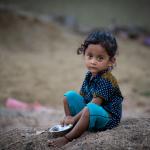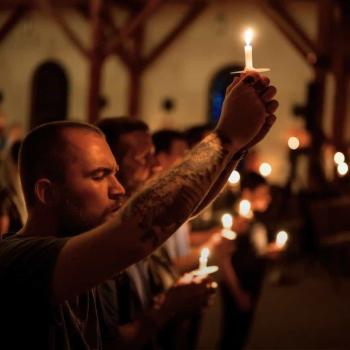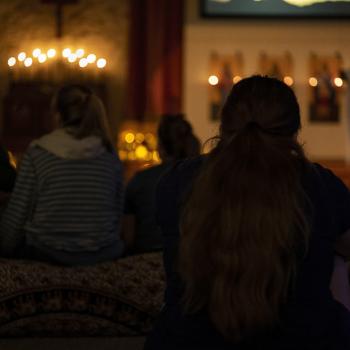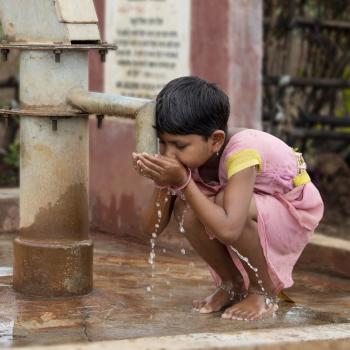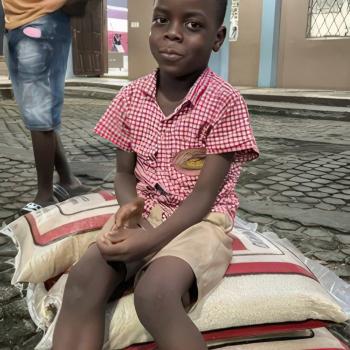WILLS POINT, TX – GFA World (Gospel for Asia) founded by K.P. Yohannan, whose heart to love and help the poor has inspired numerous charities like GFA World Canada, to serve the deprived and downcast worldwide, issued this second part of a Special Report update on girls facing decreased opportunity and increased violence, the young victims who remain hidden in the shadow of the COVID-19 pandemic.

A Pandemic of Abuse and Exploitation
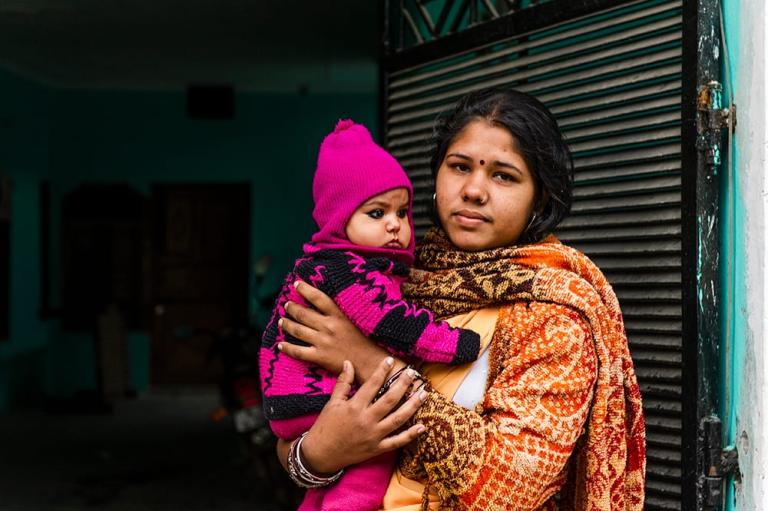
As girls face an increased risk of child marriage, they are also becoming more vulnerable to violence and trafficking.
In May 2020, World Vision, a Christian community development organization, suggested up to 85 million children worldwide would be exposed to physical, sexual or emotional violence for three months over the COVID-19 quarantine.[22] Imagine how many more children have now been impacted—lockdowns in many nations extended to well over a year! And while all children can face violence, girls and young women may also face abuse from a husband or boyfriend, rape, sexual assault or sexual harassment.
UNICEF reports that approximately 120 million girls and young women under age 20 have been raped or forced to perform sexual acts.[23] According to the World Health Organization, around 1 in 3 women endure physical or sexual violence from a romantic partner or sexual violence from some person during their lifetime.[24]
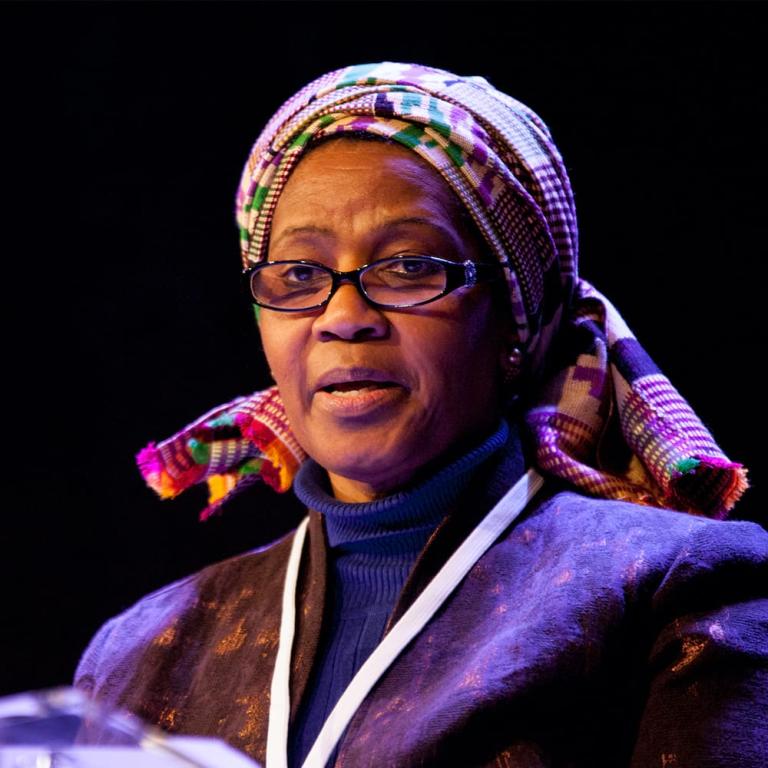
Executive Director of UN Women
Photo by New African Woman Magazine
“It’s deeply disturbing that this pervasive violence by men against women not only persists unchanged, but is at its worst for young women aged 15-24 who may also be young mothers,” commented Phumzile Mlambo-Ngcuka, executive director of UN Women. “And that was the situation before the pandemic stay-at-home orders. We know that the multiple impacts of COVID-19 have triggered a ‘shadow pandemic’ of increased reported violence of all kinds against women and girls.”[25]
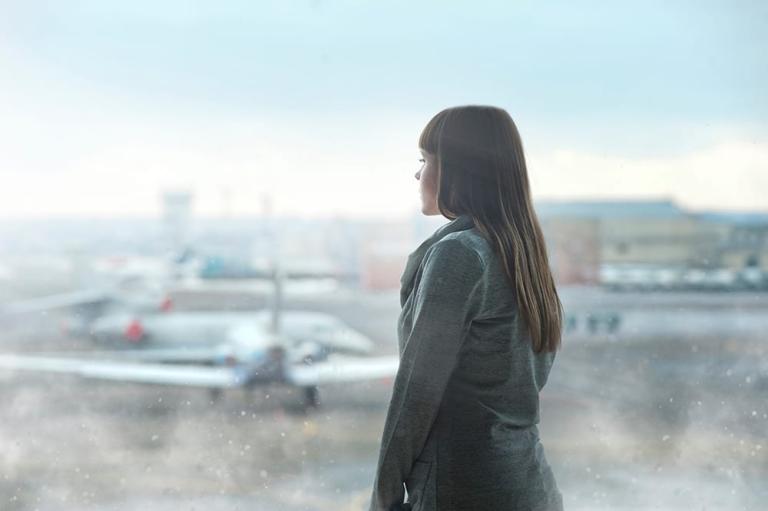
The pandemic has also increased girls’ risk for human trafficking. In April 2020, the anti-trafficking organization Polaris Project observed a 40-percent spike in the number of crisis calls to the U.S. National Human Trafficking Hotline requiring intervention within 24 hours.[26]
This increase in human trafficking didn’t just occur in the United States, though, and it may have the worst impact on developing nations, some of which have been hardest-hit by the virus. The U.N. Office of Drugs and Crime has predicted trafficking rates will increase, especially in places where unemployment rates have rapidly increased, and people from poor communities will likely be trafficked to places recovering more quickly.[27]
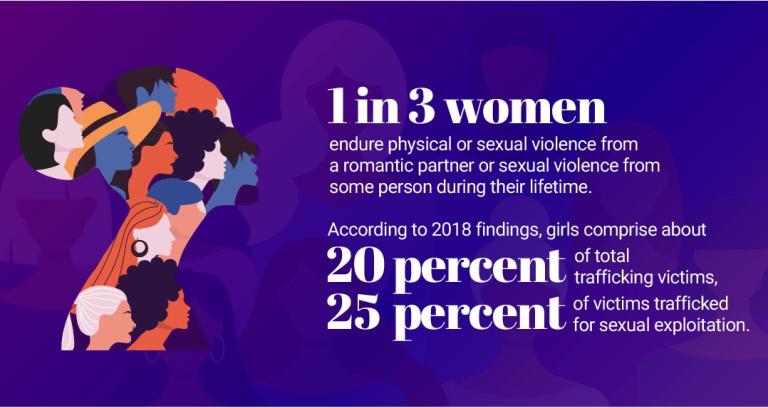

This may continue even years from now, due to the pandemic’s ongoing financial and social impacts. Times of economic need make children especially vulnerable to trafficking, and if a girl comes from a dysfunctional family situation or a home where one parent is absent, that also increases her risk for trafficking.[28] Furthermore, in places where children can easily access technology, they are spending more time online, which places girls in the sights of predators who might target them for sexual exploitation or abuse.[29] As the pandemic continues to strain both the economy and family relationships, girls will be increasingly at risk for trafficking. According to 2018 findings, girls comprised about 20 percent of total trafficking victims and 25 percent of victims trafficked for sexual exploitation,[30] but those percentages may increase due to changes in society, such as children’s increased time online, emotional stressors on parents (which may distract their attention from their children) and increased financial burdens on families (which may cause parents, especially in developing countries, to send their daughters to work, thus making them more available to traffickers).
Turning the Tide of the Pandemic’s Impact on Girls
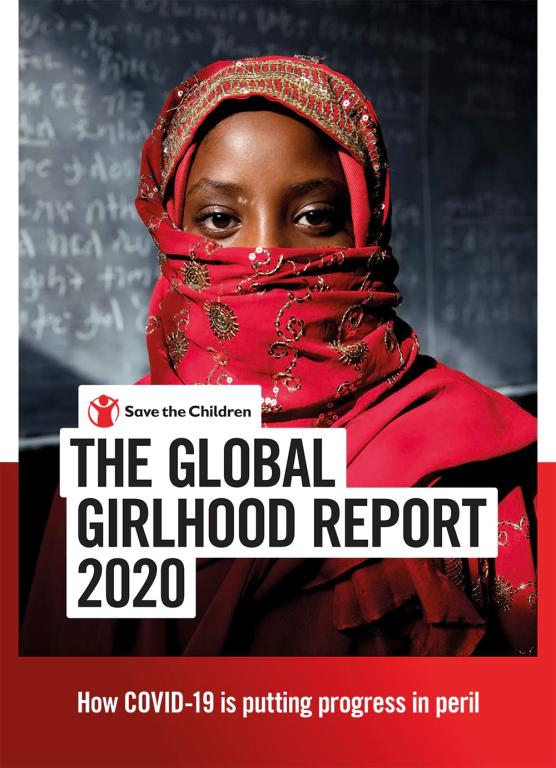
As reports and predictions increasingly forecast a grim future for girls, it’s clear the COVID-19 pandemic has become a global crisis for girls in a unique way.
Save the Children’s 2020 Global Girlhood Report sums it up: “The worst health impacts for girls might not result from infection with the virus. Instead, the greatest impacts on girls of the COVID-19 crisis are likely to be losing access to other health services, increasing poverty, food insecurity, losing access to education and being exposed to violence.”[31]
Even one year of financial and social upheaval can sow years of consequences. Women like Alexis can attest to the toll taken by years of physical, emotional and sexual abuse or trauma. What will happen to a generation of girls whose lives have been upended by the COVID-19 pandemic? How many years will it take to overcome the consequences of limited or halted education and increased chances for abuse or exploitation?
Now is the time to stand with non-profit organizations and governing authorities to ensure girls don’t fall through the cracks. Fostering safe communities for girls and promoting their nutrition, health and education can help protect and nurture girls to have a strong future despite the setbacks of a long pandemic.
Child sponsorship programs, including GFA World’s, World Vision’s and Compassion International’s, play a key role in creating safe, healthy communities and ensuring girls receive adequate care, even when lockdowns have prevented students from gathering for their usual tutoring programs.
Throughout the pandemic, GFA World’s child sponsorship program has worked to meet the basic needs of children in the program, along with their families and communities. Gospel for Asia (GFA) workers provided COVID-19 relief to 2 million people during the pandemic in 2020 alone, and child sponsorship centers became community kitchens.
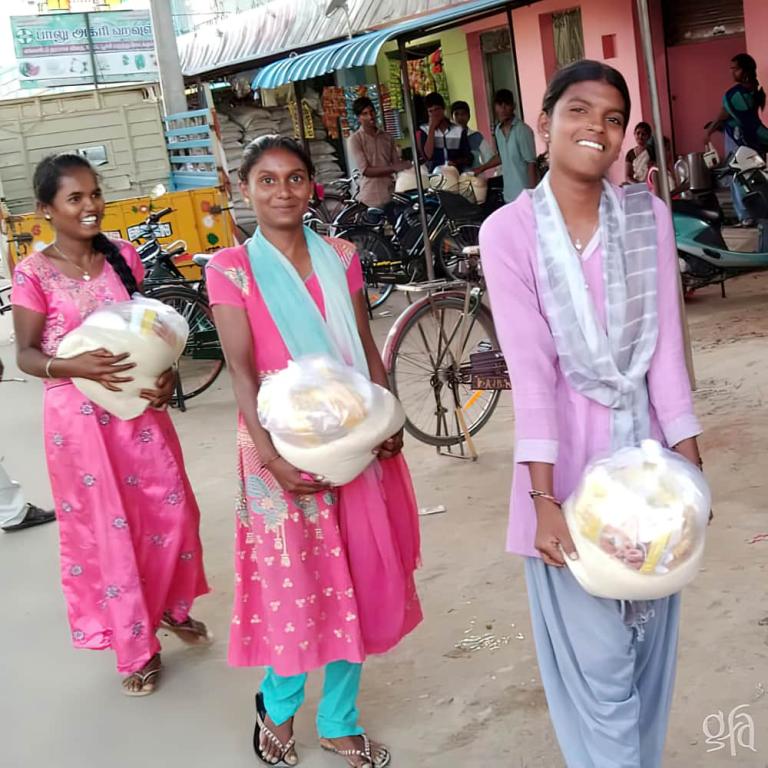
At one food distribution event during the pandemic, Gospel for Asia (GFA) workers met Ajia, a 13-year-old girl who was caring for two younger brothers. They have parents, but their parents were living in a different country to find work and were sending money home to their children—until they lost work due to the pandemic. This left the children without money for their basic living expenses. The Gospel for Asia (GFA) workers were able to give Ajia and her siblings needed supplies and groceries.
“Thank you for your love and care toward us,” Ajia said. “You are the one who knew about our situation and fulfilled our needs.”
By providing something as basic as food, Gospel for Asia (GFA) workers are helping girls stay healthy—and keeping girls from begging on the streets, which may lead to exploitation. Hopefully, these free meals and groceries will not only provide for girls’ basic nutrition but also ease families’ financial burdens and encourage hard-pressed parents, making the home environment safer and more positive.
To mitigate the effects of the pandemic on girls’ well-being, child sponsorship programs and other non-profits must be able to continue their community development work to meet communities’ basic health and safety needs. Gospel for Asia (GFA World) and other organizations provide practical care to communities that benefits girls, such as clean water and sanitation facilities. Clean water is vital for everyone at all times, but it is even more important for girls so they can practice good menstrual hygiene, which is often compromised during times of emergency.[32] Constructing toilets not only improves the health of entire communities, but it also protects girls. Girls who must walk to a distant field to go to the bathroom risk sexual harassment or assault, especially because many go at nighttime for privacy reasons.
If you want to support girls in South Asia and Africa, consider a one-time donation to help young victims who have been delivered from desperate situations in their lives, but are still struggling everyday. Your gift will provide for their pressing needs, while we locate permanent sponsors to cover their monthly needs to remain in school.
Read the rest of this Gospel for Asia – Transforming Communities (GFA World) Special Report: Young Victims Remain Hidden in Pandemic’s Shadow — Part 1, Part 3
About GFA World
Gospel for Asia (GFA World) is a leading faith-based global mission agency, helping national workers bring vital assistance and spiritual hope to millions across the world, especially in Asia and Africa, and sharing the love of God. In GFA World’s latest yearly report, this included thousands of community development projects that benefit downtrodden families and their children, free medical camps conducted in more than 1,200 villages and remote communities, over 4,800 clean water wells drilled, over 12,000 water filters installed, income-generating Christmas gifts for more than 260,000 needy families, and teaching providing hope and encouragement available in 110 languages in 14 nations through radio ministry. GFA World has launched programs in Africa, starting with compassion projects in Rwanda. For all the latest news, visit our Press Room at https://gfanews.org/news/.
Read more blogs on GFA World, National Missionary Workers, World Missions and the COVID 19 Pandemic on Patheos from Gospel for Asia.
GFA’s Statement About Coronavirus
Learn more by reading this Special Report from Gospel for Asia on the Lord’s work in 2020 through GFA and the partnerships worldwide while following Him in His work in 16 nations, including Sri Lanka, Bangladesh and Nepal.
Learn more about Gospel for Asia: Facebook | YouTube | Instagram | LinkedIn | SourceWatch | Integrity | Lawsuit Update | 5 Distinctives | 6 Remarkable Facts | 10 Milestones | Media Room | Widows & Coronavirus | Endorsements | 40th Anniversary | Lawsuit Response | International Offices | Missionary and Child Sponsorship | Transforming Communities through God’s Love
Notable News about Gospel for Asia: FoxNews, ChristianPost, NYPost, MissionsBox
Read what 25 Christian Leaders are affirming about GFA World.
This Special Report originally appeared on gfa.org.



